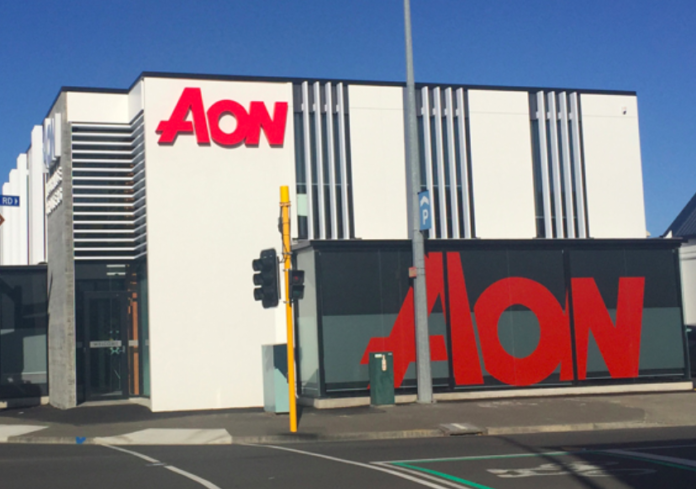As businesses in Singapore deal with the economic impact of the pandemic, many are changing their rewards programmes, most often by postponing salary increases, the latest survey by Aon shows.
This is based on the fourth edition of Aon’s COVID-19 pulse surveys conducted June 9-15, covering a total of 1,940 companies around the world, including 417 respondents from Singapore. The previous survey was done on April 28 to May 1.
“Our latest survey results show a stabilisation in businesses in Singapore,” said Alexander Krasavin, regional commercial head for APAC & MEA at Aon. “While layoffs are slightly on the rise, more businesses are moving to cautious hiring practices while adjustments to rewards have averted widespread downsizing efforts.”
“We hear from clients that they are looking beyond the immediate economic impact of COVID-19 and planning for longer-term structural changes to operations and workforce strategies,” said Krasavin. “They are seeing opportunity within a very difficult situation.”
Between Aon’s May and June pulse surveys, businesses delaying salary increases for all employees grew from 24% to 29%.
As more businesses reopen, they are also pulling back on special “hazard pay.” Survey participants that reported paying hazard pay to employees in a higher risk environment in May was 12%. By the June pulse survey, only 9% of participants said they have stopped providing this allowance.
As companies take steps to contain costs through modifications to rewards, most participants continue to report “zero downsizing efforts.” Three-fourths of Singapore businesses surveyed said they have refrained from layoffs for now.
However, the percentage of participants that confirmed layoffs rose slightly to 15% in the June survey from 13% in May and only 4% in April.
Also, more Singapore businesses are moving toward cautious hiring from a complete hiring freeze. The percentage of surveyed businesses that reported a hiring freeze fell almost by half, from 30% in April to 18% in June. Those in a cautious hiring state rose from 46% to 60% during the same period.
When asked how the experience of responding to COVID-19 might change future workforce strategies, 56% of companies in Singapore expect their digital transformation agendas to accelerate and 89% are planning for different working models, such as an increase in permanently remote employees and more flexible working hours.
Further, 75% of participants said that they are offering flexible working hours to employees with young children − an increase from 67% in April and May.
















